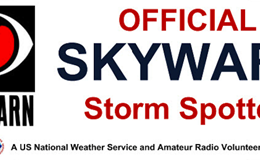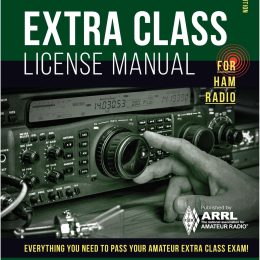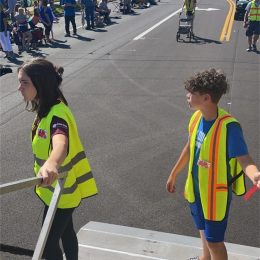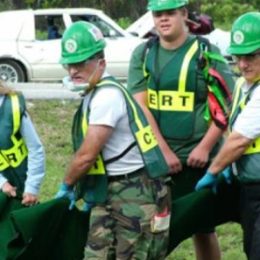HAM Radio 101
The SKYWARN program was developed by the National Weather Service (NWS) in the 1960s. Even though the NWS receives information from satellite, surface weather stations and Doppler radar, technology is […]
HAM Radio 101
Study for two minutes. Get a cup of coffee. Study for two more minutes. Browse Netflix. Study again for two minutes. Check email. Study for another two minutes. Get lost […]
HAM Radio 101
What do you use your amateur radio license for? There are many ways to use ham radio; however, one very rewarding way is to serve the community. The Amateur Radio […]
HAM Radio 101
Per the U.S. government’s “Ready” website, the Community Emergency Response Team (CERT) program “educates volunteers about disaster preparedness for the hazards that may impact their area and trains them in […]
HAM Radio 101
Jack Phillips, Titanic senior wireless operator, turned 25 on April 11, 1912—one day after the Titanic sailed out of Southampton harbor. He is primarily remembered for his nonstop efforts to […]
HAM Radio 101
CW (Continuous Wave) continues to be a popular and much-cherished amateur radio mode that captivates hams the world over for a variety of reasons. Ask a CW fan what fascinates […]
HAM Radio 101
Does social media have a place in the ham radio world? Some say they don’t need it because they have ham radio and it is all they will ever need. […]
HAM Radio 101
While you’re checking out the newly designed website at DXEngineering.com, you’ll discover that DX Engineering is about more than carrying the latest and greatest gear for amateur radio operators. Our […]
HAM Radio 101
Editor’s Note: Every month, DX Engineering features QSL cards from our team members’ personal collections. To highlight upcoming DXpeditions, we’ll be displaying a few of our favorite cards along with […]
HAM Radio 101
A happenstance hero of sorts, Harold Cottam is the radio operator who on a whim made contact with Jack Phillips, senior wireless operator aboard the Titanic, not knowing the ship […]







